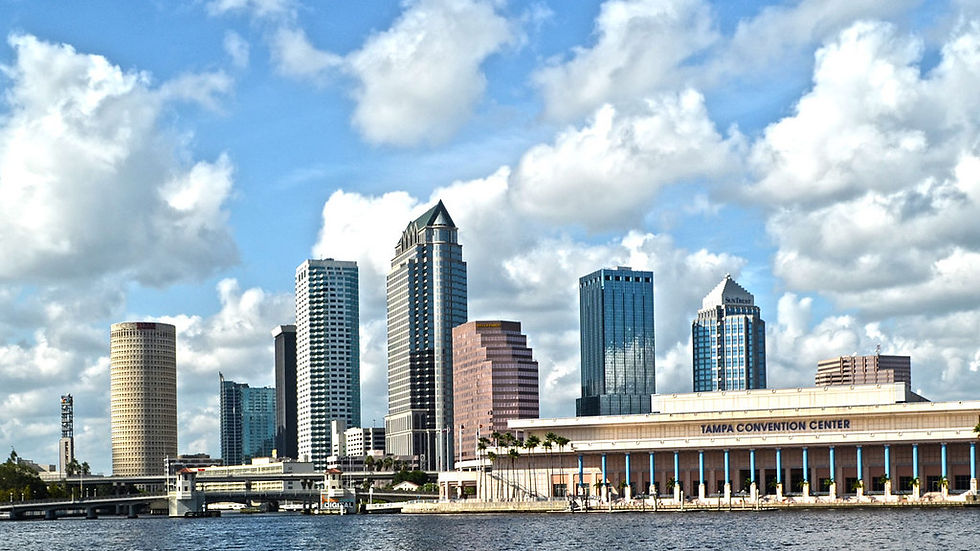Warrantable vs Non-Warrantable Condos/Townhomes
- Aaron Polk | BS Economics/Mathematics + MBA Finance

- Sep 4, 2023
- 2 min read
Thinking about buying a condo or townhome in Texas or Florida? You'll need to find out if the building is “warrantable” or “non- warrantable”.

When a condominium is labeled as "warrantable," it means it adheres to the conventional guidelines set by Fannie Mae and Freddie Mac, and as a result, these government-sponsored entities will purchase the loan. Typically, a condominium qualifies as warrantable if it meets certain criteria, such as:
No single entity, including the developer, owns more than 10% of the units in the project.
At least 51% of the units are occupied by their owners.
Fewer than 15% of the units have overdue association dues.
There are no ongoing legal disputes involving the homeowner's association (HOA).
Commercial space constitutes 25% or less of the total building square footage.
Conversely, a "non-warrantable" condo is one for which the loan cannot be sold to Freddie Mac or Fannie Mae. Consequently, most banks view mortgage financing for such properties as riskier. Freddie Mac and Fannie Mae would classify a condo as "non-warrantable" if, for example, it falls into any of the following categories:
It has not yet been completed.
Short-term rentals are permitted.
One individual or entity owns more than 10% of all units.
Less than 50% of the occupants in the complex are owners.
It is embroiled in any form of litigation, regardless of whether the building is the plaintiff or defendant.
Common property types that often fall into the non-warrantable category include condo-hotels, timeshares, fractional ownership properties, and other projects that require owners to join organizations, such as golf clubs.
For non-warrantable condos and townhomes, financing is available
While mortgages backed by the FHA, VA, Freddie Mac, and Fannie Mae are prevalent, they are not the exclusive choices available. We provide non-conforming mortgages for non-warrantable condos and townhomes in collaboration with our wholesale lending partners—these partners are institutions and private investors offering alternative financing for higher-risk loans, which may necessitate a substantial down payment of 25% or more.
FHA and VA mortgage rules on condos
FHA and VA home loans are government-supported mortgage programs. FHA loans are insured by the Federal Housing Administration, while VA loans are guaranteed by the Department of Veterans Affairs. Both loan types are recognized for their more flexible lending criteria compared to conforming mortgage financing. FHA and VA maintain lists of approved communities, but if the unit you desire isn't in one of those approved developments, there's still hope. Both agencies have streamlined the approval process for condo and co-op associations.
In fact, the FHA has recently revised its condo approval guidelines to facilitate more borrowers' qualification. Some of the updated basic requirements for an FHA condo loan include:
The borrower must meet the "standard" FHA mortgage guidelines.
At least half of the units in a project must be owner-occupied.
In a newly constructed project, at least 70% of the units must be sold.
In general, if a building has already been approved by Fannie Mae or Freddie Mac, it is likely to receive approval from the FHA and VA as well. Neither the FHA nor the VA imposes extra charges on borrowers for financing a condominium or co-op. Consequently, you can obtain a condo loan with the same FHA or VA mortgage rate as you would for a single-family home.






.jpg)


